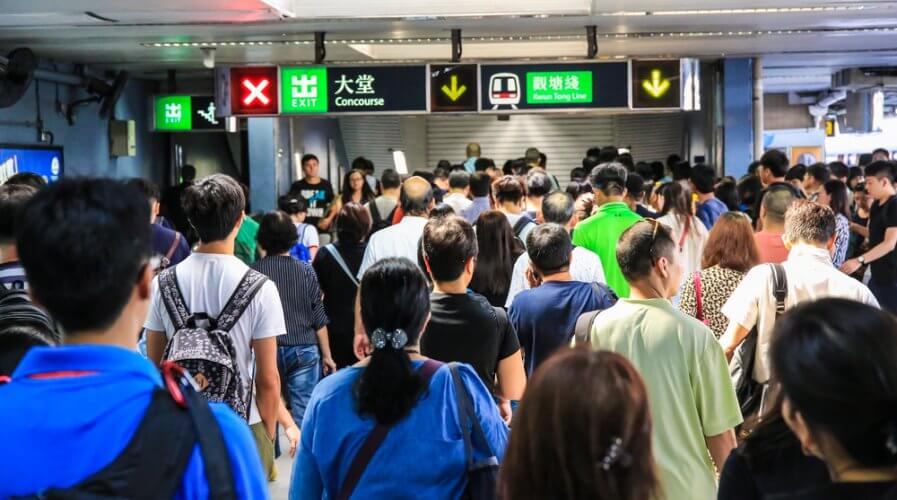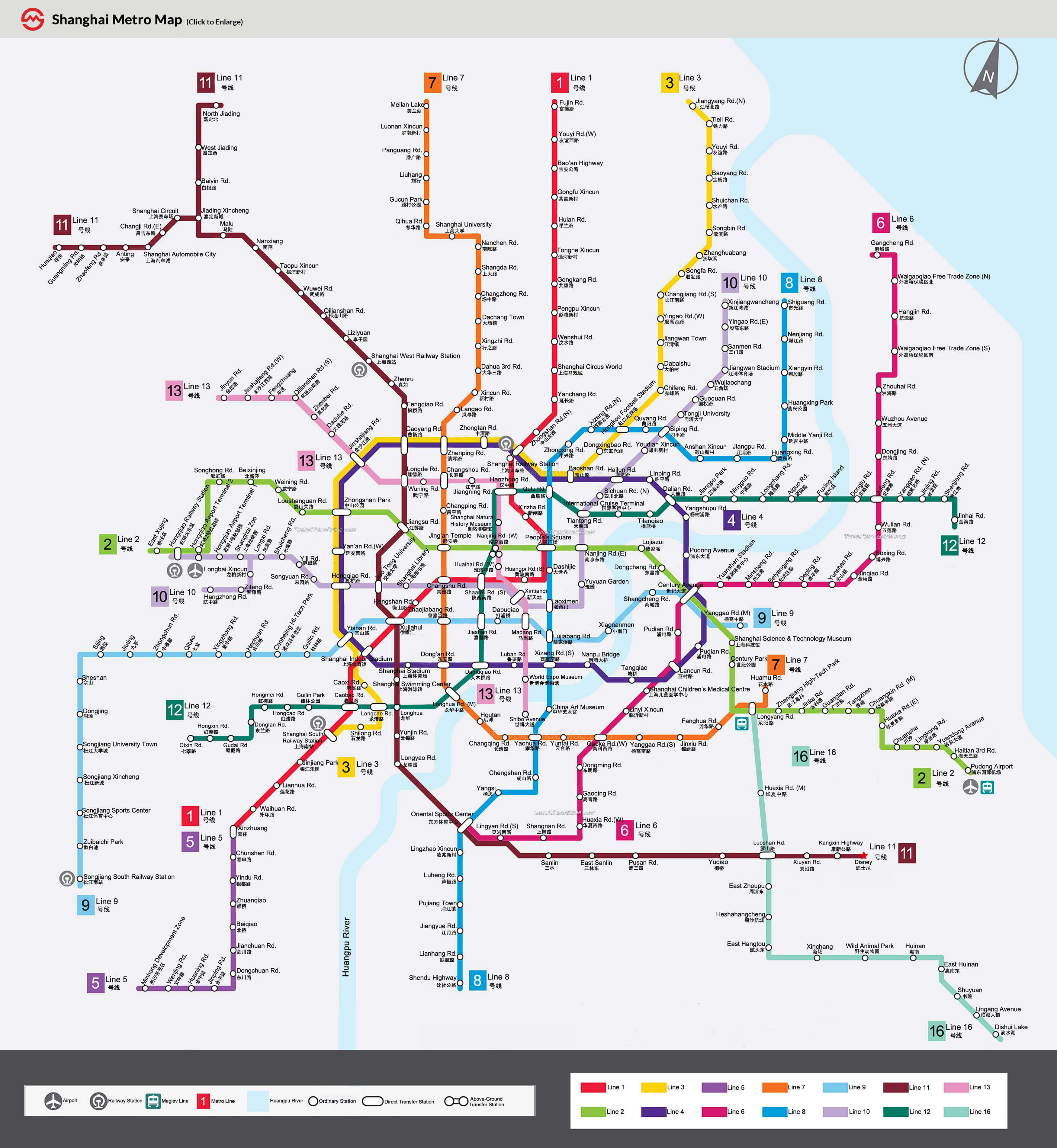
Alibaba, Ant Financial and Shanghai Shentong Metro Group jointly launched a new voice interaction system for purchasing subway tickets. Source: Shutterstock.com
Shanghai’s subway system smartens up with AI
IN its bid to become one of the greatest smart-cities, Shanghai is introducing voice and facial recognition technologies to its subway systems.
These AI features, developed by e-commerce giant Alibaba, were introduced to make the lives of millions of commuters easier on one of the longest and busiest railway networks on the planet.
Alibaba, Ant Financial and Shanghai Shentong Metro Group this week jointly launched a new voice interaction system for purchasing subway tickets. As well as this, they announced plans to install facial recognition systems at the entrance of stations in order to verify the identities of commuters.
The new features will allow passengers to simply speak their destination to ticket machines, and will then be recommended on the best route to take by the machine.
“Passengers don’t even need to use any special word to activate the kiosk,” said Yan Zhijie, director of intelligent speech recognition at Alibaba’s Institute of Data and Science Technology, according to SCMP.
As facial recognition technology is still in its early stages of development, Zhijie said passengers will need to submit their photos to be put into a database for verification by the system.
Perhaps the biggest technical challenge for Alibaba’s voice interaction system is the loud, disruptive environment in which it will work. And with more than 4,000 trains serving Shanghai Metro’s network of 367 stations, it epitomizes ‘busy’.

Average weekday traffic on the Shanghai Metro stands at 10.65 million individual trips. Source: travelchinaguide.com
However, Alibaba’s new system uses computer vision to identify the user’s lip movements, and will also measure the distance between speaker and machine before concluding its voice input. These visual signals are combined with the voice recognition technology, as well as a supporting software signal processor, which supresses noise and interference.
Artificial intelligence is a field which China is set to dominate, with many developing applications lined up.
In July, China’s cabinet announced goals to build a domestic AI industry worth almost US$150 billion in the next couple of years, and to transform the country into an innovation center for AI by 2030.
The collaboration with Shanghai Metro marks the first time Alibaba has used its systems in the transport industry, according to a company spokeswoman.
The e-commerce giant is also keen to deploy its multi-model technology in spaces including airports, restaurants and shopping malls. This human-machine interaction will open possibilities for information inquiry, interactive advertising and navigation apps.
READ MORE
- Global concerns rise over alleged cyber hacking activities linked to China
- China’s new tech policies challenge Intel and AMD in a shifting landscape
- Saudi Arabia could become the largest player in the AI industry
- How vulnerable are we to cyber threats in the digital age? Here’s what IBM found
- Wise: Revolutionizing travel and finance in Malaysia






